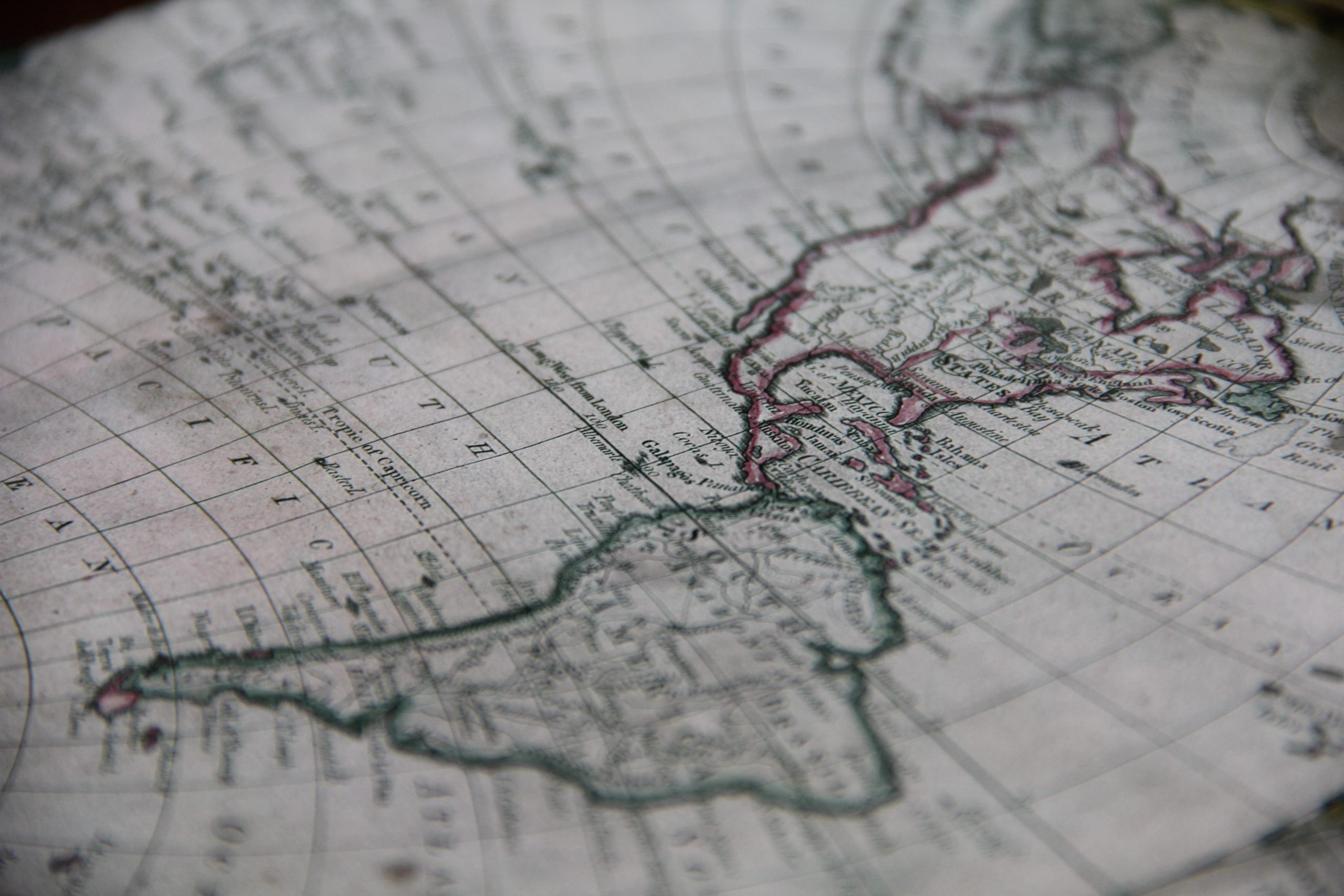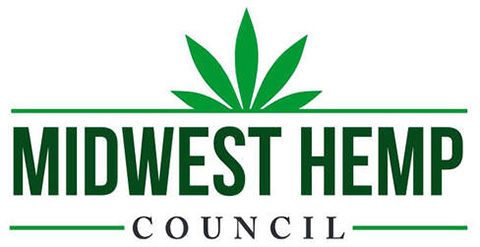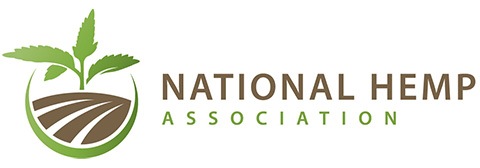
While the United States is expected to develop into one of the world’s largest markets for hemp and hemp products, many nations in Latin America – and specifically, countries in South America – are expected to become major players in the global hemp market over the next several years.
In 2013, Uruguay became the first country to legalize cannabis, paving the way for other Latin American (Latam) nations to enter the market. “We are just starting,” Karen Castaño, Communications Director for the Latin American Industrial Hemp Association (LAIHA), told Hemp Benchmarks
Separating Hemp and Cannabis
Castaño said it has not been easy for some Latin American countries, especially those where illicit cannabis markets have a long history, to separate non-intoxicating hemp from intoxicating cannabis / marijuana as distinct crops and products. “We have to be very clear about the differences between cáñamo (hemp) and cannabis,” she noted. “This is a challenge at the moment for legislation in [Latam] countries.”
Latin American countries like Colombia, Castaño added, have decades of experience in developing their cannabis / THC market, and cultivators there have a headstart relative to their regional competitors in the hemp market when it comes to factors such as cannabis genetics and cultivars.
With established agricultural sectors and favorable climates, many South American countries appear well-positioned for hemp cultivation. That being said, Castaño noted that South American hemp growers, especially in the equatorial nations, must grapple with high humidity and tropical temperatures, two factors that are thought to contribute to pushing a hemp crop’s THC levels above legal limits.
According to Castaño, the hemp fiber market in Latin America remains in its infancy, although a hemp grain market is developing. “The grain cultivars are much more advanced than fiber,” she observed.
The Market Leaders
Paraguay, Castaño acknowledged, is currently the leader in the Latin American hemp market. Paraguay legalized medical cannabis in 2017 and industrial hemp in 2019. A year later, Paraguayan President Mario Abdo Benitez declared hemp “a crop of national interest,” and inaugurated a national program devoted to the research, development, and commercialization of industrial hemp.
According to Castaño, Paraguay has also slowly but surely become a leader in the regional cannabis pharmaceutical sector. The country, she added, has Latin America’s best work conditions for hemp, due to its government quickly bringing its hemp regulations into force. Paraguay is also in the process of establishing an export market for cannabis.
Colombia and Ecuador, Castaño noted, have also broadened their interests in the hemp market, although most of the hemp licenses in those countries are currently for agronomic evaluation tests. All three nations have reportedly shown promise with their work in European and Asian hemp genetics. Colombia, she said, recently passed a law for the exclusive regulation of hemp, in a move that is expected to benefit small cultivators by making the sector more accessible for such growers. “Although slow, these governments have responded with policies to the demands of the market,” she said.
Like much of the international hemp sector, Latin American markets have been affected negatively by the global drop in hemp product prices, as well as regional competition regarding hemp quality and the volume being grown.
Country by Country
LAIHA provided Hemp Benchmarks with its latest assessment of hemp regulatory frameworks in its member countries, as well as efforts towards the commercialization of hemp and hemp products. The assessment was written by LAIHA President Lorenzo Rolim da Silva and LAIHA ambassadors in each of the countries mentioned. Below is an edited and supplemented version of that assessment:
Hemp in Mexico
In 2018, Mexico’s Supreme Court ordered lawmakers to develop a legal framework for the distribution, sale, and regulation of cannabis. Mexico has only legalized the use of cannabis in medical and scientific research. On December 1, 2021, however, the Supreme Court sided with a Mexican cannabis and cannabis product producer and declared that current prohibitions on the planting, cultivation, and harvesting of hemp are unconstitutional. The court also ruled that hemp could have levels of up to 1% THC.
Hemp in Colombia
In 2021, Colombia made progress in its hemp regulations, in part by allowing the export of dried flower. On December 15, the government also approved a measure creating a legal framework for industrial hemp, while defining the difference between hemp and cannabis / marijuana. Meanwhile, Colombia’s National Comprehensive Program for the Substitution of Illicit Crops (PNIS), designed to eradicate the nation’s coca crop, has provisions for the establishment of a hemp fiber and grain sector, with THC levels mandated at less than or equal to 0.3%.
Hemp in Ecuador
In late 2019, Ecuador legalized the production, marketing, and export of hemp, as well as the importation of hemp seeds. The nation’s Ministry of Agriculture announced in October 2020 the regulation of non-psychoactive cannabis. It also established seven different licensing categories for hemp and hemp products that market participants must obtain. Reuters reports the Agriculture Ministry has also approved 46 ten-year licenses for hemp development projects, in part to offset declining sales numbers for Ecuadorian exports of roses and other flowers.
Hemp in Peru
Peru legalized cannabis for medical purposes in late 2017, with a related regulatory framework approved two years later. The regulations allow for the cultivation of cannabis and extraction of its byproducts. Late in 2021, the nation’s Congress passed a law allowing for “associative cultivation.” Public and private sector stakeholders in Peru are reportedly joining efforts for a proposal, to be presented to Congress this year, that would legalize hemp cultivation.
Hemp in Chile
Before the modern, international prohibition of cannabis, Chile was once one of the largest hemp producers in the Southern Hemisphere. The country legalized the medicinal use of cannabis products in 2015, but has not legally authorized the production and use of hemp or hemp-derived cannabinoids. A new Chilean hemp sector is developing, however, with the assistance of several private companies that have imported some hemp varieties from Europe. To date, only one company has established a relatively large-scale hemp cultivation operation, as part of a farmer-business development model.
Hemp in Paraguay
A law passed in October 2019 allowed the nation’s Ministry of Agriculture and Livestock to regulate not only the production, but also the industrialization of hemp products, with the limit of 0.5% delta-9 THC on a dry weight basis. Companies looking to grow hemp and to import hemp varieties into Paraguay must be licensed. Paraguay currently exports hemp flower, grains, and derivative products to several European and North American countries.
Hemp in Uruguay
According to national law, hemp plants cultivated in Uruguay must not surpass a 1% THC limit on a dry weight basis. Authorizations for the production and / or processing of hemp and hemp byproducts are issued exclusively by the Agriculture, Livestock and Fishing Ministry, which has imposed a clear distinction between psychoactive and non-psychoactive forms of cannabis. The country is also reportedly the first in Latin America to consider the legalization of non-psychoactive CBD edibles for both domestic and international sales.
Hemp in Brazil
In late 2019, ANVISA, Brazil’s National Agency for Health Supervision, approved regulations for the sale of medical marijuana products. In June 2021, a special federal commission approved a measure that would legalize the domestic cultivation of cannabis for medicinal, veterinary, scientific, and industrial purposes. Brazilian lawmakers are also considering a regulatory framework that would separate medicinal cannabis and industrial hemp into distinct markets. That proposal is currently on the floor of Brazil’s House of Representatives and is expected to be voted on before the end of March this year.
Hemp in Argentina
Argentina currently regulates cannabis for medicinal scientific research. The Argentine government also established REPROCANN, a database to register people who have conditions that allow them access to cannabis for medicinal, therapeutic, and / or palliative treatment of pain. In June 2021, following legislation passed a year earlier, the Argentine government reportedly published a draft regulatory framework for the development of the country’s medicinal cannabis and hemp industries.


